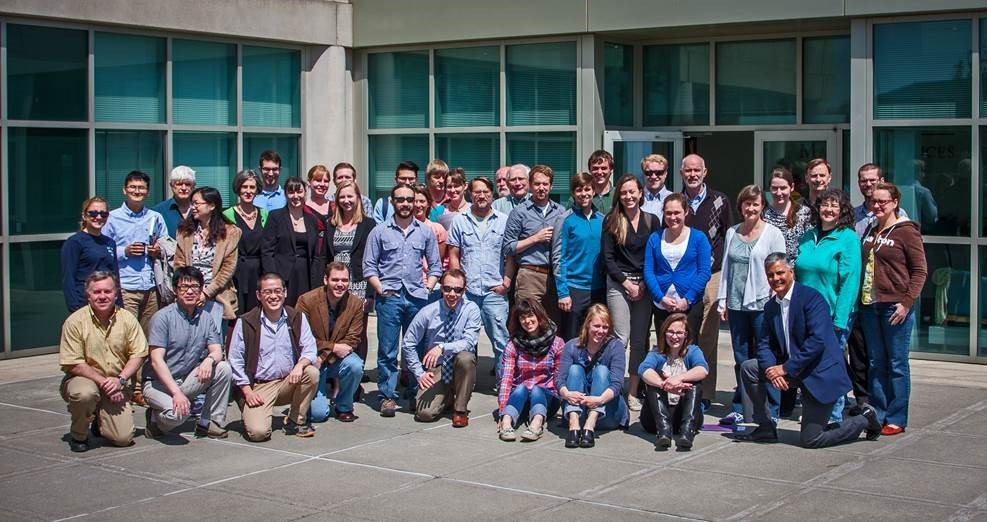The Feng Graduate Research Colloquium has been a tradition in the Marine Science Department since 1996. Named after the first Head of the Department of Marine Sciences, Dr. Sung Y. Feng, the colloquium was started by Prof. Hans Dam. When he joined the department in the early 1990s, he saw a need for better professional development of students, particularly for presenting their research. Hans developed the colloquium to act as a conference in which students receive friendly, constructive criticism, and have the opportunity to work on developing their abstract writing, leadership, and scientific communication skills.
The format has remained similar over the years, until the COVID-19 pandemic threw a wrench into the schedule. The 2020 colloquium was postponed to 2021 and held entirely online, which presented new challenges for the Steering Committee, the group of graduate students who helped Hans organize and run the colloquium. These challenges included choosing a platform for interactive poster presentations and troubleshooting throughout the day. Hans reflects, “The particularly difficult thing was running the poster session. We found this free software that worked, and it worked pretty well, but it was a little difficult to transition from room to room.” Hannah Collins, a member of the 2021 Feng Steering Committee, added, “Usually, Feng is such a collaborative thing within the department so the challenge was to replicate that virtually. We did our best to create opportunities for good research discussions, even if it was over a computer screen.”
Students benefit in different ways from participating in the colloquium. They prepare by listening to several seminars from faculty about writing abstracts and presenting both posters and oral presentations. Hans works with other faculty to read and critique abstracts students prepare. Hans adds, “One way to make a reputation is to give good talks, whether at conferences or invited seminars. The colloquium is a way to hone many of the skills of professional development and those that are expected of people who graduate from graduate school. We’ve seen the benefits, because our students do very well at conferences.”

While Masters students typically only have the opportunity to present at one colloquium, PhD students typically get multiple opportunities. Hans acknowledges that he can see improvement in these students from their first colloquium to subsequent ones, “Most PhD students give a poster their first year, so you see that progression from not having an idea formulated to being able to give a talk. The more you present, the better you get, and I see that with the colloquium itself.”
Given the benefits of the colloquium to students and the department, it’s clear that the tradition isn’t going anywhere, and for now, neither is Hans. “Feng is one of my prides. I do it because I love it, and it’s a great thing. At some point I’m sure I’m going to walk away from it and let somebody else do it, but in the meantime, I’m just enjoying it.” The Department looks forward to another successful Feng Colloquium in 2023.